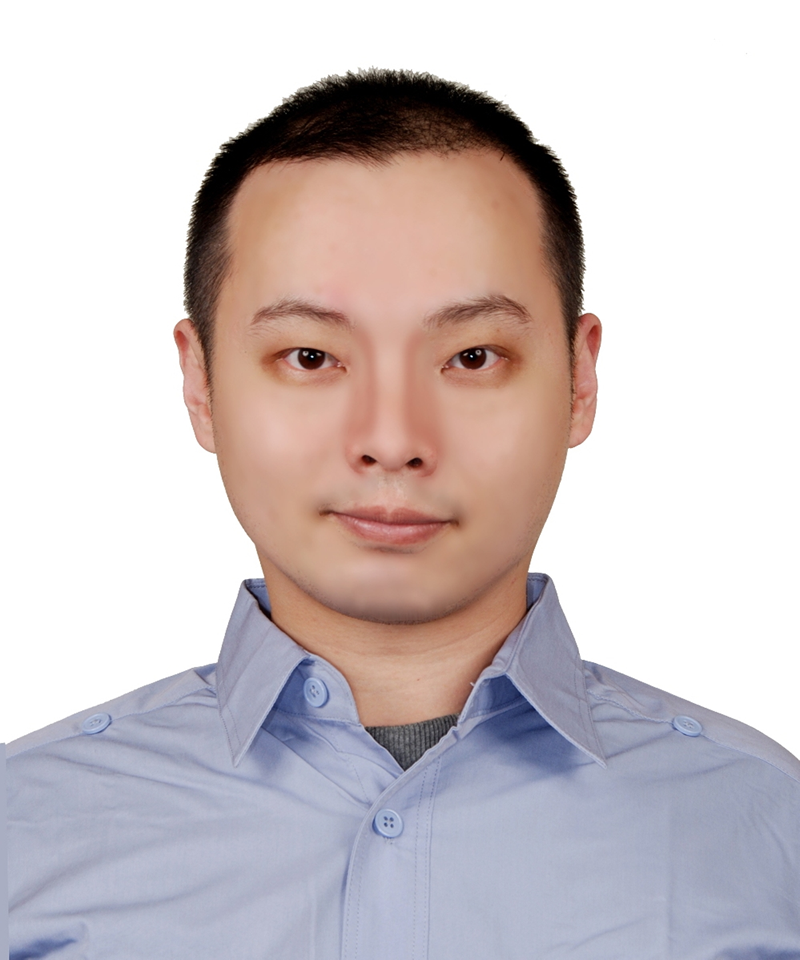Keynote and Invited Talks
Keynote
 |
Professor Felix Wu, National Cheng Kung UniversityTITLEA Generative Approach for Analyzing Disinformation and Network Propaganda AbstractUnder the EthikOS project, we are developing a system, combating Disinformation and Propaganda, with the following three requirements (1) zero-day detection, (2) zero human-bias (i.e., no human involved in the decision process), and (3) zero censorship (i.e., to protect the freedom of speech in cyber space). The core technical approach is based on "generative twisting", a traditional LLM (Large Language Model) enhanced with a TLM (Twisting-based Language Model) module to efficiently generate potential disinformation and, automatically, the analysis report. BiographyProf. S. Felix Wu has been doing “experimental” system research, i.e., building prototype systems to justify and validate novel architectural concepts. Since 1995, he and his students/postdocs have built many experimental systems in the areas of fault tolerant network, IPSec/VPN security policy, attack source tracing, wireless network security, intrusion detection and response, visual information analytics, and, more recently, future Internet design. An article titled "Networking: Four ways to reinvent the Internet" published in Nature 463 (February 3rd, 2010, by Katharine Gammon) provided a brief but very nice cover about his primary thought on a Social-network-based future Internet architecture. As a computer scientist, he strongly believes that thoroughly considering the factor of human relationships and social community is necessary for any IT innovation. Therefore, his primary research objective, before he retires, is to help and contribute to the information technology advancement that would truly help our human society. He developed the SINCERE (Social Interactive Networking and Conversation Entropy Ranking Engine) search engine, which is trying to help our Internet society to discover "interesting/unusual" discussions. Prof. Wu received his BS from Tunghai University, Taiwan, in 1985, both MS and PhD from Columbia University in 1989 and 1995, all in Computer Science. He has about 180+ academic publications. He is currently Professor of Electrical Engineering at National Cheng-Kung University, Tainan, Taiwan, and Professor Emeritus of Computer Science at UC Davis. |
Invited Talks #1
 |
Professor Meng Shen, School of Cyberspace Science and Technology, Beijing Institute of TechnologyTITLEReal-Time Website Fingerprinting Defense via Traffic Cluster Anonymization AbstractWith the rising awareness of privacy protection, Tor has become a crucial tool to safeguard user privacy. However, Tor is facing significant risks of website fingerprinting. Attackers can leverage deep neural network models to analyze Tor users' traffic patterns, enabling them to identify the specific websites accessed by users, thereby posing a serious threat to user privacy. In this paper, we propose Palette, a novel and practical WF defense that utilizes traffic cluster anonymization to protect live Tor traffic. By clustering websites with high similarity in traffic patterns and regulating them into a well-designed uniform pattern for a cluster, Palette prevents attackers from distinguishing between these similar websites within the cluster and further provides a strong anonymity guarantee. Comprehensive evaluations show that Palette is superior to the existing defenses, greatly reducing the accuracy of the state-of-the-art (SOTA) WF attacks with acceptable overheads. BiographyMeng Shen is a professor with the School of Cyberspace Science and Technology, Beijing Institute of Technology, Beijing, China. He received the B.Eng degree from Shandong University, Jinan, China, in 2009, and the Ph.D. degree from Tsinghua University, Beijing, China, in 2014, both in computer science. His research interests include data privacy and security, blockchain applications, and encrypted traffic classification. He has authored over 50 papers in top-level journals and conferences, such as IEEE S&P, USENIX Security, IEEE JSAC, and IEEE TIFS. He has guest edited special issues on emerging technologies for data security and privacy in IEEE Network and IEEE Internet-of-Things Journal. He received the Best Paper Award at IEEE/ACM IWQoS 2021. He was selected by the Beijing Nova Program 2020 and was the winner of the ACM SIGCOMM China Rising Star Award 2019. He is a member of the IEEE and the ACM. |
Invited Talks #2
 |
Professor D. Frank Hsu, Fordham UniversityTITLEEnhancing ML-Based DoS Attack Detection Through Model Fusion and Cognitive Diversity AbstractDoS attacks compromise online service and disrupt network interconnection. ML algorithms/models and ensemble methods such as bagging, boosting, and stacking have been used to detect sophisticated DoS attacks by analyzing traffic patterns and attack characteristics. However, these models/methods often lack generalization, robustness, and interpretability. In this talk, Combinatorial Fusion Analysis (CFA), a paradigm for robust model fusion utilizing general combination algorithms, is used to measure diversity (cognitive diversity) between two models and to help specify model selection and combination. Experiments using various network traffic types in the LYCOS-IDS dataset demonstrated that CFA method improves DoS attack detection including more significantly the low-profiled traffic patterns. BiographyProfessor D. Frank Hsu is the Clavius Distinguished Professor of Science, a Professor of Computer and Information Science, and director of LIDM Lab at Fordham University, New York, NY, USA. He was visiting professor/scholar at Keio University, Taiwan University, University of Paris-Sud and CNRS, MIT, and DIMACS, an NSF-funded research consortium, at Rutgers University, New Jersey. Hsu has served on the editorial boards of several journals including as co-founding editor of Journal of Interconnection Networks (JOIN). His current research interests include CFA-based ML/AI methods and systems and their applications to information security and risk management as well as education of CISOs for a secure and trustworthy cyber/physical ecosystem. He is a member of the executive committee of IEEE New York section. |
Invited Talks #3
 |
Dr. Er-Shuo Zhuang, National Sun Yat-sen UniversityTITLEMulti-Keyword Searchable Identity-Based Proxy Re-Encryption from Lattices AbstractWith the advancement of technology, more and more people are sharing data through cloud servers. To protect data privacy, encryption before uploading has become a popular solution. While encryption ensures privacy, searching for target data between ciphertexts takes effort. Therefore, searchable encryption has become an important research topic. On the other hand, since the advancement of quantum computers will lead to the crisis of cracking traditional encryption algorithms, it is necessary to design encryption schemes that can resist quantum attacks. In view of this, to improve the security and performance of cloud servers, we propose a multi-keyword searchable identity-based proxy re-encryption scheme from lattices. The proposed scheme applies the following key cryptographic technologies to enhance encryption performance. First and most important, the proposed scheme provides multi-keyword searches. It is the first lattice-based encryption scheme that can support both AND and OR operations, improving search flexibility. Second, proxy re-encryption is applied to allow proxy server s to reduce clients' computation and transmission costs. Third, the proposed scheme employs identity encryption to reduce the computation and transmission costs caused by certificates. Finally, we make a formal security proof of the proposed scheme under the D-LWE assumption. BiographyEr-Shuo Zhuang was born in Taipei, Taiwan. He received his Ph.D. and M.S. degrees in Computer Science and Engineering from National Sun Yat-sen University in Kaohsiung, Taiwan, in 2023 and 2007, respectively. In 2024, he began serving as a postdoctoral researcher at the Information Security Research Center of National Sun Yat-sen University. His research interests include post-quantum cryptography, homomorphic encryption, secret sharing, and blockchain. |


